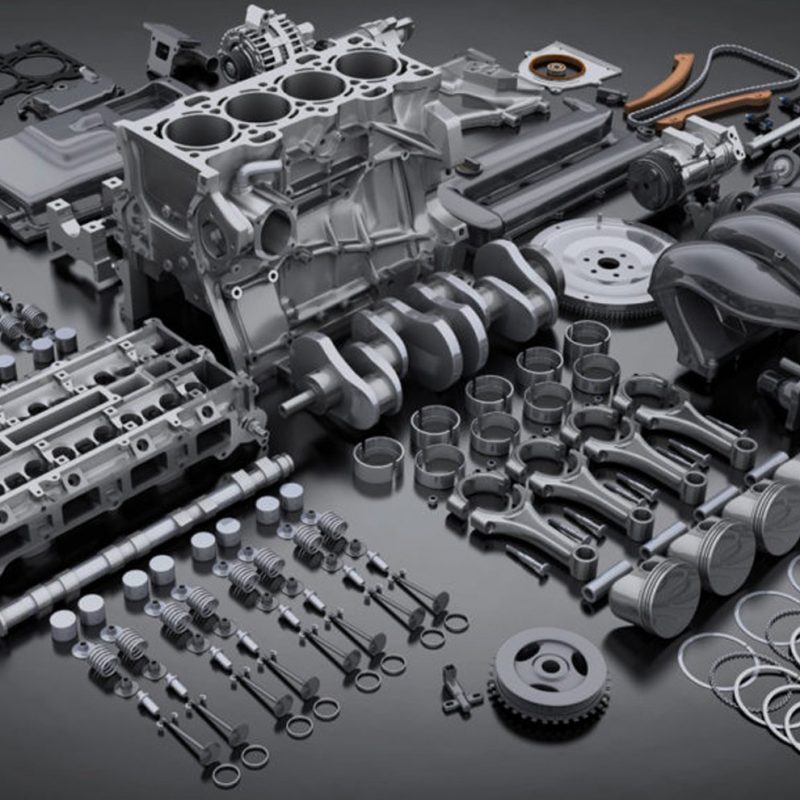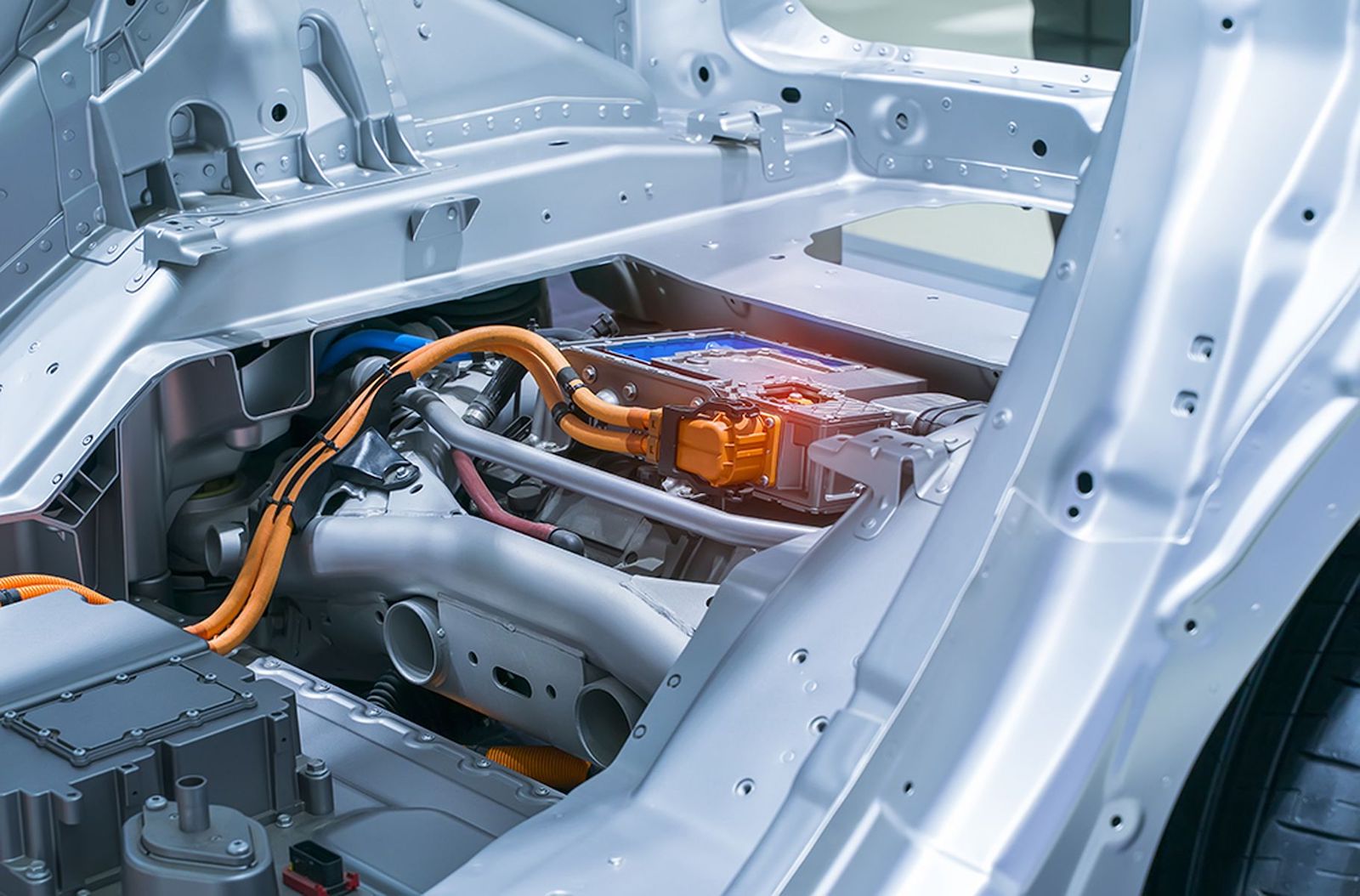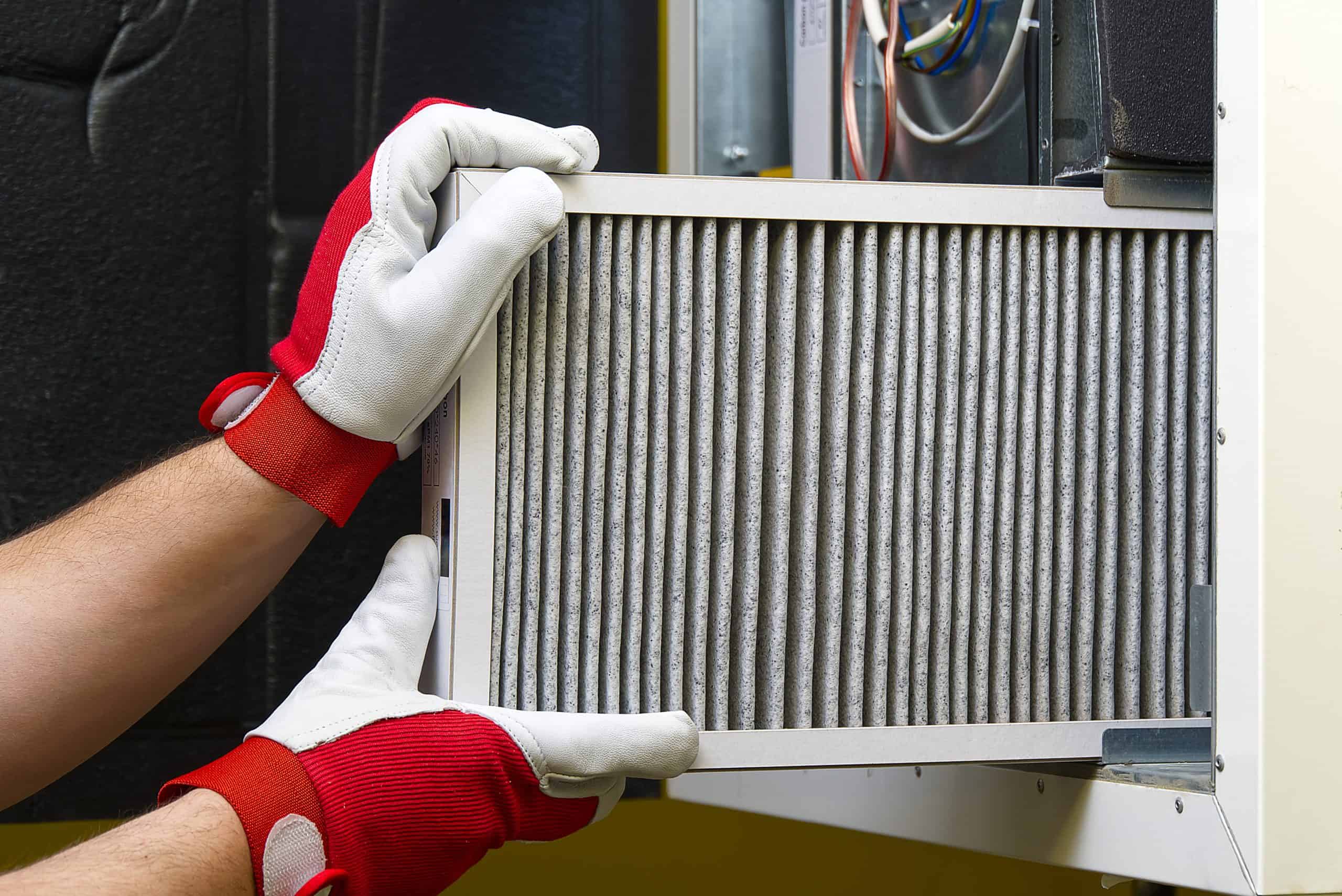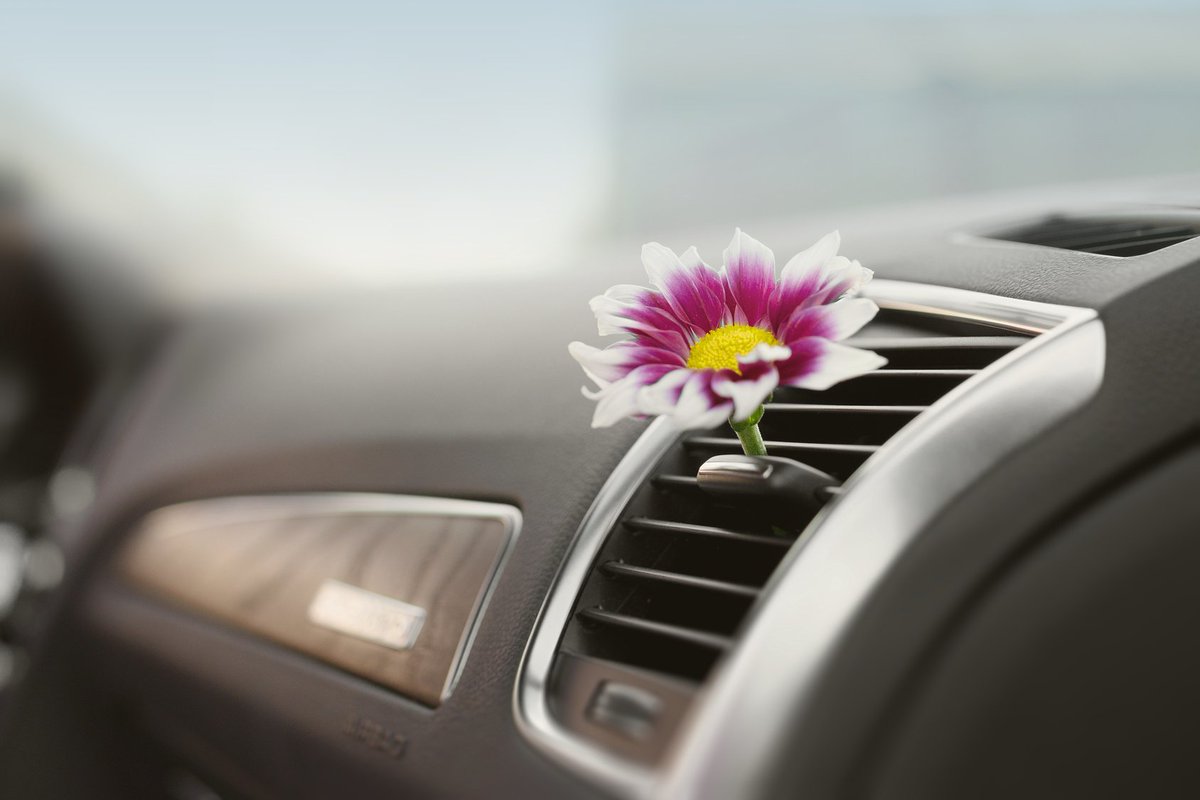How to Maintain Your Vehicle for Optimal Performance
How to Maintain Your Vehicle for Optimal Performance
A. Importance of vehicle maintenance
Maintaining your vehicle is essential for not only keeping it running smoothly, but also for ensuring the safety of yourself and others on the road. Regular maintenance can help prevent breakdowns, improve fuel efficiency, and prolong the life of your vehicle.
B. Purpose of the blog post
The purpose of this blog post is to provide you with information on how to maintain your vehicle for optimal performance. We will discuss regular maintenance tasks, preventive maintenance, and tips to keep your vehicle in top condition. By following these guidelines, you can ensure that your vehicle runs at its best and keeps you safe on the road.
II. Regular Maintenance
A. Oil changes
Regular oil changes are essential for the longevity and performance of your vehicle. Oil acts as a lubricant for the engine, helping to reduce friction and wear on moving parts. It also helps to keep the engine clean by removing dirt and debris. It is recommended to change your oil every 3,000 to 5,000 miles or as specified in your vehicle’s owner manual.
B. Tire rotations and alignment
Regular tire rotations and alignments can help prolong the life of your tires and improve the handling of your vehicle. During a tire rotation, the front and rear tires are moved to different positions to ensure even wear. An alignment ensures that the wheels are correctly set in relation to the body of the vehicle, which can improve fuel efficiency and handling. It is recommended to have your tires rotated and aligned every 6,000 to 8,000 miles or as specified by your vehicle’s manufacturer.
C. Brake inspections
Regular brake inspections are essential for ensuring the safety of yourself and others on the road. During a brake inspection, a mechanic will check the brake pads, rotors, and fluid levels. If the pads are worn, they will be replaced. If the rotors are worn or damaged, they may need to be resurfaced or replaced. It is recommended to have your brakes inspected every 12,000 to 15,000 miles or as specified by your vehicle’s manufacturer.
D. Fluid level checks and replacements
Regularly checking and replacing your vehicle’s fluids can help to keep your vehicle running smoothly and prevent damage. Some of the fluids that should be checked and replaced include: oil, coolant, transmission fluid, brake fluid, and power steering fluid. It is recommended to check the fluid levels every 3,000 to 5,000 miles or as specified by your vehicle’s manufacturer.
III. Preventive Maintenance
A. Regular inspections
Preventive maintenance includes regular inspections of your vehicle to identify potential issues before they become major problems. These inspections can include checking for wear and tear on various parts, such as the brakes, tires, and suspension. By catching issues early, you can prevent costly repairs and ensure the safety of your vehicle.
B. Replacing worn parts
Preventive maintenance also includes replacing worn parts before they fail. Worn parts can cause problems with the overall performance of your vehicle and can also lead to a breakdown. For example, worn brake pads can reduce the effectiveness of your brakes and worn tires can lead to a blowout. Replacing worn parts on a regular basis can help prevent these issues.
C. Scheduled services
Scheduled services are a key aspect of preventive maintenance. These services are typically recommended by the vehicle’s manufacturer and include tasks such as oil changes, tire rotations, and brake inspections. By following the recommended schedule, you can ensure that your vehicle is receiving the proper maintenance it needs to run at its best.
D. Importance of following the vehicle’s service schedule
Following the recommended service schedule for your vehicle is important for ensuring optimal performance and longevity. Each vehicle is different and the service schedule will vary based on the make, model, and year of the vehicle. By following the schedule, you can ensure that all the necessary maintenance tasks are being performed at the correct intervals.
IV. Tips for Maintaining Your Vehicle
A. Regular cleaning
Regularly cleaning your vehicle can help to keep it in top condition. Not only does it make your vehicle look good, but it also helps to protect the paint and prevent rust. Cleaning the interior of your vehicle can also help to prevent the buildup of mold and mildew.
B. Properly inflating tires
Properly inflating your tires can help to improve the handling and fuel efficiency of your vehicle. Under-inflated tires can reduce fuel efficiency and make the vehicle more difficult to handle. Over-inflated tires can cause uneven wear and can lead to a blowout. It is important to check the tire pressure regularly and to inflate the tires to the recommended pressure as specified in your vehicle’s owner manual.
C. Avoiding overloading
Overloading your vehicle can cause excessive wear and tear on the suspension and brakes. It can also reduce the fuel efficiency of your vehicle. It is important to avoid overloading your vehicle and to distribute the weight evenly.
D. Keeping up with recall notices
Keeping up with recall notices is important for the safety of yourself and others on the road. Recalls are issued when a vehicle or a specific part of a vehicle has been found to have a defect that could potentially cause a safety issue. By keeping up with recall notices, you can ensure that any potential issues with your vehicle are addressed in a timely manner.
Conclusion
A. Summary of key points
In this blog post, we discussed the importance of maintaining your vehicle for optimal performance. We covered regular maintenance tasks such as oil changes, tire rotations and alignments, brake inspections, and fluid level checks and replacements. We also discussed preventive maintenance, including regular inspections, replacing worn parts, and following the vehicle’s service schedule. Lastly, we provided tips for maintaining your vehicle such as regular cleaning, properly inflating tires, avoiding overloading, and keeping up with recall notices.
B. Emphasis on the importance of regular maintenance for optimal performance
Regular maintenance is essential for not only keeping your vehicle running smoothly, but also for ensuring the safety of yourself and others on the road. By following the guidelines discussed in this blog post, you can ensure that your vehicle is receiving the proper maintenance it needs to run at its best and keep you safe on the road.
C. Encouragement to take care of the vehicle for long-term reliability and safety.
Taking care of your vehicle is important for long-term reliability and safety. By following the recommended maintenance schedule, you can ensure that your vehicle is running at its best, and that you and your passengers are safe on the road. Remember, regular maintenance can save you money in the long run by preventing costly repairs and breakdowns. So, take care of your vehicle, and it will take care of you.


